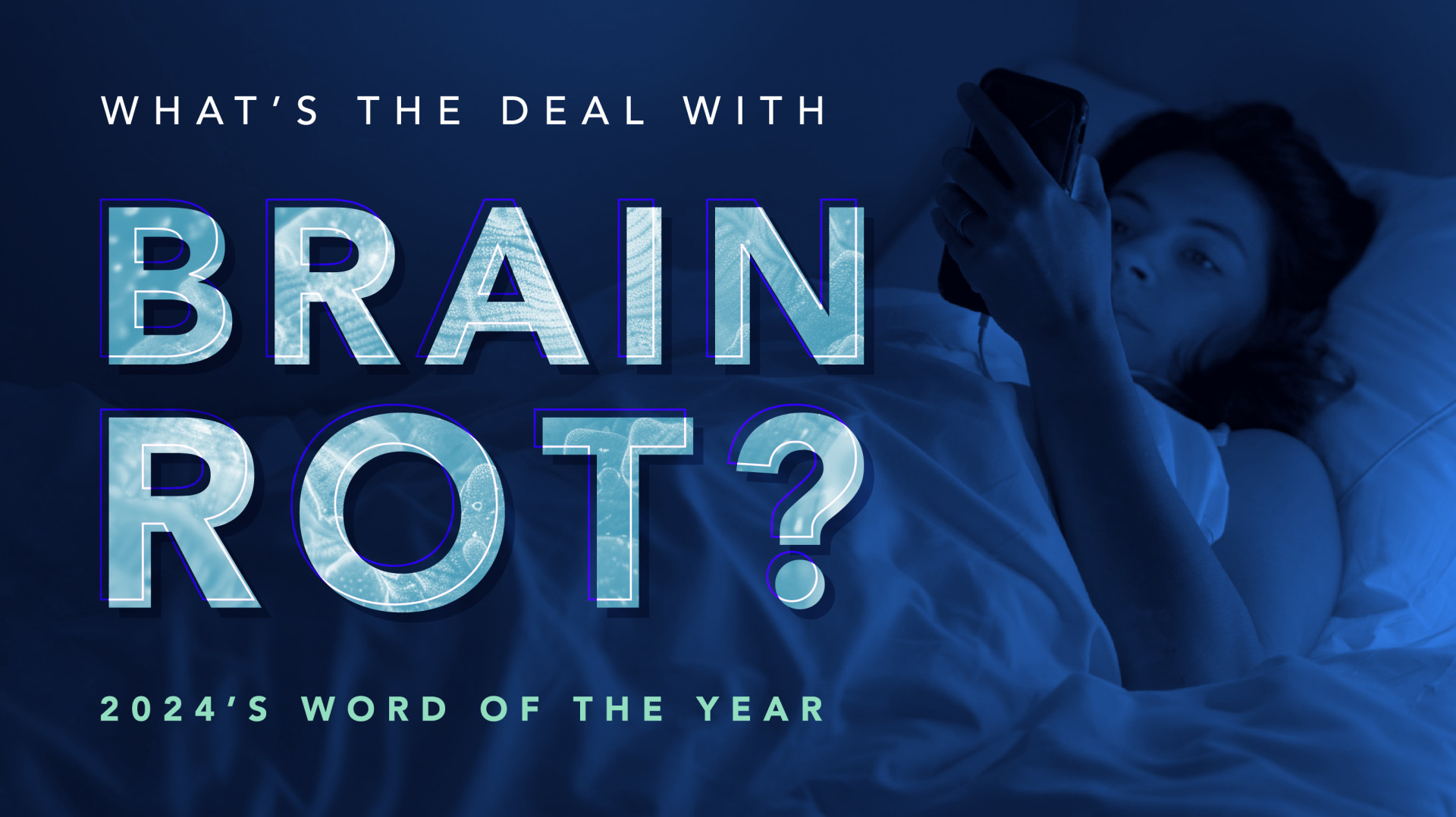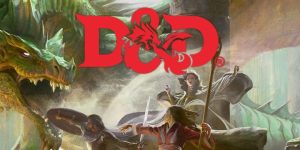The Basic of D&D
D&D is table top roleplaying game (TTRPG) where there’s 1 player making the storylines (normally in a fantasy world) deciding how much an action gonna effect, this player is called DM (Dungeon master).
This a rough explanation for your character sheet, you will still need a help from a DM and a look at the character sheet itself.
Game Rules
D&D uses dices ranging from D4-D20 (“D” as dice and numbers for the side the dices have), this dices are use to set how skilled players character or as another variable of how player action effect, and even tho the players is free to do anything, there are still rule to be follow coming from the DM itself or the official game maker
Setting Players Character
At the start of the game, the DM will give a character sheet and sometimes also an extra sheet for stuff, in this sheet there’s some info the players must fill for the game to continue as intended, the info are:
general character
- charater names.
- class & level. Level are a indication of your character progress and how much you can do, class are roles the player can take for the game, the classes include
- Bard (associated with enternaiment stuff)
- Cleric (The intermidiate between the mortal world and the distant gods)
- Fighter (your avg fighter with sword/bow/axe/dagger/shield/etc)
- Rogue (have close relation with assasin but often more chotic)
- Wizard (your avg wizard,using magic)
- Hybird (combination of normally 2 classes but have side effect to make it balance or even worse than a single class. The example is magic knight)
- Custom class (as written however a custom class is quite complicated to be made and balance)
- extra class (warlock,priest,etc. this depend on the DM or the game maker)
- Race. There are different races in D&D include:
- Dwarf (a mountain civilization, a natural forger, and a full on commitment to clans/kingdoms and traditions)
- Elf (depicted as an otherworldly people, can be see around places of ethereal beauty surrounded around ancient mana)
- Human (the youngest and most common races, lived a short live but are called the innovators, the achiver and the pioneers of the worlds)
- Halfling
- etc
- Background. Yours character origin story (where they come from, how experienced the character is, etc)
- Allignment. What side your character is on, there are:
- Good Lawful. Just like good but actually is good.
- Good Neutral. Good but neutral.
- Good Chaotic. Good but likes chaos (their rules/morale might be a little loose).
- Lawful Neutral. Neutral but strictly applied the rules/morale (ingame).
- Neutral Neutral. Actually neutral.
- chaotic Neutral. Neutral but their rules/morale might be a little loose or a bit unethical.
- Lawful Bad. Bad but have rules/have some morale (just like vigilante).
- Neutral Bad. Bad but only follow their own rules and didn’t join any side.
- Chaotic Bad. Bad bad like completely ignores rules and morale and also is unethical.
- Player name. Self explanation.
- Experienced Points. After a certain amount of experienced point you’ll get a raise on level.
Character Stats
Before we get into character stats there is a proficiency bonus basically thing that your character is good about. At the start aka level 1 you’ll get +2 proficiency bonus and every 4 level you gain you add 1 to the proficiency bonus.
There are 6 stats that’ll effect your action and how well you do it, this 6 and what type of action they effect are:
- Strength, self explanatory. Effect Athlectics.
- Dexterity, a indication how good you do any action that require nimbly or quietly. Effect acrobatics, sleight of hand, stealth.
- constitution, measure health, stamina, vital force (represent an attempt to push beyond their limit)
- Intelligence, self explanatory. effect arcana (ability to recall), History, investigation, nature (ability to recall lore about nature like terrain/animals/etc), religion
- wisdom, represent how you attuned to the world around (how well you can read body language, how you understand someone’s feeling). Effect animal handling, insight, medicine, perception, survival.
- Charisma, represent how successful you interact with others. Effect deception, intimidation, performance, persuasion.
Other than that there also passive wisdom (perception) is just perception check with out a roll and sometime not even the players know that passive perception is happening
You can get this thru (perception modifier)+10 + (your proficiency bonus if only if your character is proficient in perception)
How this effect your game play is by making this stat score/ability score into a ability modifier with this simple formula
(Ability Score – 10) / 2
You must write this in the circle for each of your stat/ability score and the ability modifiers in the square, the number on the square is what you would add into your rolls which gonna be explain later here
Health Indicators
There’s is more to this health and we’ll talk about it here
Armor Class
Armor class or AC dictate how high the attacker must rolled before actually dealing damage
Alongside AC there also initiative, this represent the reaction time the character when hit by an attack or ambushed or surprised attack and lastly speed which indicate how far can you walk/run.
Hit Point
In the character sheet below AC you can find 2 box named “current hit point” & “temporary hit point” & “hit dice” now what is this really
Hit Dice
Hit dice are your the total of hp you can recover when long rest (healing), the amount of hp you get depends on what class you’re and what dice you would roll, here is the list for some of them
- Artificer-d8
- Barbarian-d12
- Bard-d8
- Cleric-d8
- Druid-d8
- Fighter-d10
- Monk-d8
- Ranger-d10
- Rogue-d8
- Paladin-d10
- Socerer-d8
- Wizard-d8
- Warlock=d8
All of this would also be added from your constitution modifier. For each level you had you can roll that many hit dice if you roll more than one you would add all of them. After every long rest you would recover half of many hit dice as your level (round down)
Current Hit Point
Current hit point are what your hp is at the moment can, you get your hp by at 1st level getting your highest number on your class hit dice and add your constitution modifier and every other level you would roll your hit dice and add your constitution modifier and afterward add it into your current hp.
Temporary Hit Point
Temporary hit point are extra timed hp you get thru spell unlike healing more like a shield type of magic
Death Saves
When your character hit 0 hp they will go into a unconscious state from which when its your turn you us roll a d20 and get 10 or higher this have to happen three time but if you failed to roll 10 or higher three time you character die (any modifiers doesn’t effect this) however if you roll a 20 (nat/natural 20) you would gain 1 hp making you automatically remove the Unconscious state but if you roll a nat 1 you would get 2 failure.
Game mechanic
Player’s Action
Player can do whatever they want inside the game thru the DM and doesn’t have any restriction when to do that aslong the player manage to do (there’s an execption if the players is in combat)
Bonus Action
Other than the action we normally do, some class, ability can let you take a bonus action but only the action that have the info of being able to do bonus action can do bonus action.
Using Magic Item
For a character to identify magic properties of an item, they can by casting the identify spell on the item or alternatively by concentrating on the item during short rest while also in physical contact with item which in the end of the short rest the player will be given the item magic properties. In that same short rest, the player can also attune to the item which will resulted in the player able to use the item magic properties but will take all of short rest duration.
Potion
For potion it’s much simpler, the player just need a little taste of the potion to tell what potion it is.
Combat
Combat in D&D is played like a turn based game so in the start of the combat the DM will ask you to roll a dice most likely d20 because the enemy in D&D also being play in random order.
In a combat situation one side might try to be stealthy so the DM will determines if anybody is surprised, afterward everybody will roll for order of turn including the enemies (the enemies order of turns are rolled by the DM). When it’s your turn you can make distance, use tool, use ability, interacting with surrounding and many more action.
How To Deal Damage
To deal damage in combat is first the player rolls d20 + proficiency bonus from your tools/spell + ability modifier, if it’s surpass the enemy AC you’ll roll the dice according to your weapon/ability attack description and add in ability modifier and also proficiency bonus if you have it as example:
- Player:”I cast fireball“
- DM: “Roll d20 with dex modifier” (Enemy AC is 14 so it need to be 14 or higher for a successful hit)
- Player:”It’s 15 with +2 so 17 “
- DM:”It’s a success, roll 8d6″
- Player:”It’s 33″
- DM:”The thunderous boar seems to flinch but still managed to let out a monstrous roar”
If the roll for d20 resulted a nat 20 it would be a critical hit which in many would double the damage, but if its resulted in a nat 1 something bad would happen ranging from it’s just miss, it’s failed, to what probably worst, it’s failed to launch and exploded on the player dealing the damage toward the player.













Post Comment